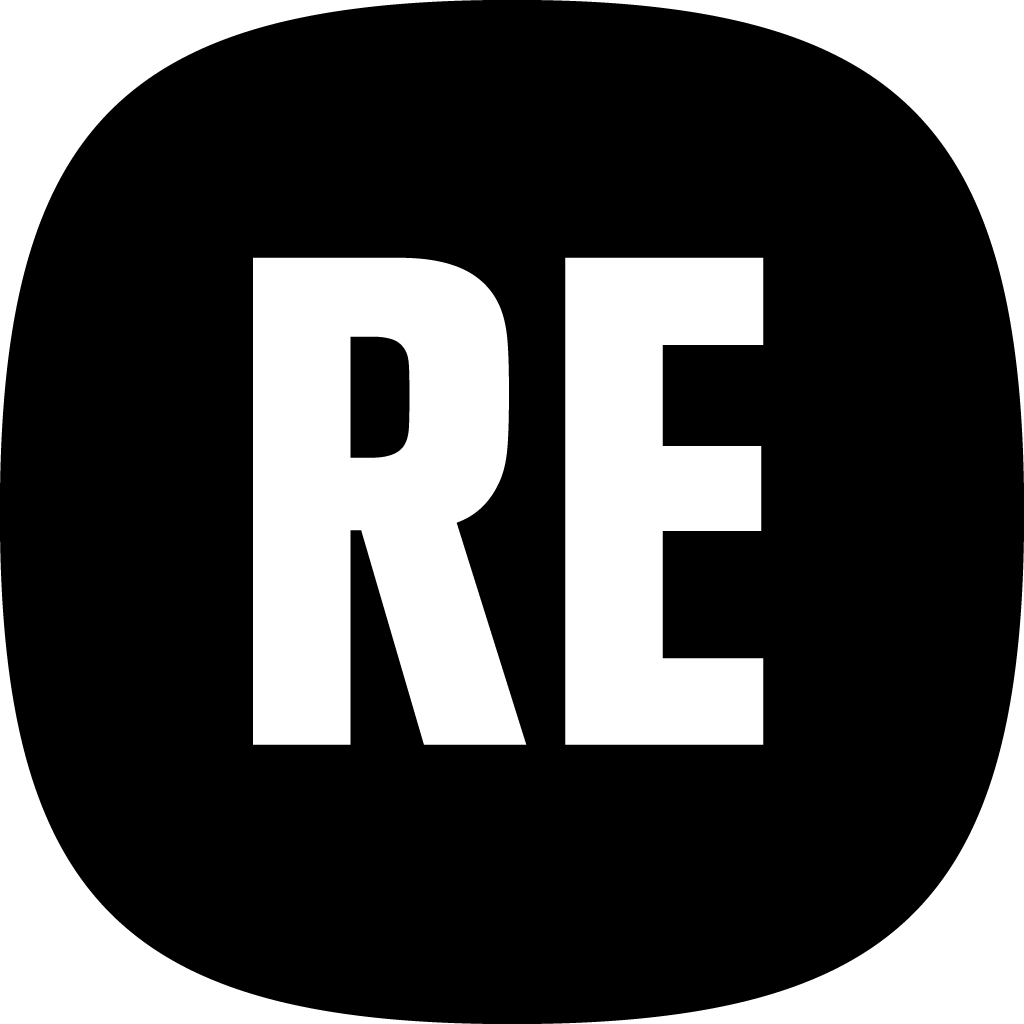Help
A participatory process is a sequence of participatory activities (e.g. first filling out a survey, then making proposals, discussing them in face-to-face or virtual meetings, and finally prioritizing them) with the aim of defining and making a decision on a specific topic.
Examples of participatory processes are: a process of electing committee members (where candidatures are first presented, then debated and finally a candidacy is chosen), participatory budgets (where proposals are made, valued economically and voted on with the money available), a strategic planning process, the collaborative drafting of a regulation or norm, the design of an urban space or the production of a public policy plan.
Enhancing participatory approaches in cultural heritage organisations for a more sustainable and inclusive sector
For more collaborative futures
About
The RECHARGE policy recommendations embed participation at the heart of cultural heritage. Based on insights from nine living labs and extensive collaborative research, these recommendations provide a roadmap for strengthening the sector through trust-building, shared responsibility, and long-term partnerships.
The recommendations move beyond audience development to participatory business models that support co-creation, co-decision, and co-ownership of cultural heritage, aligning with international frameworks such as the Faro Convention and ICOM’s new museum definition.

Share